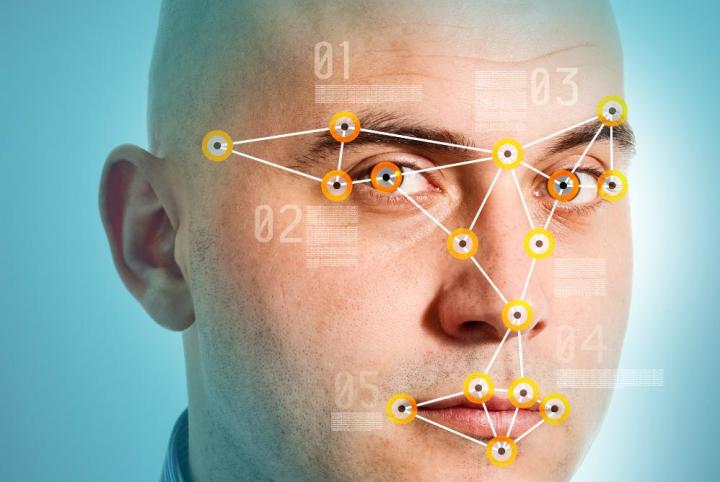
Brits filling up their motors at gas stations run by supermarket giant Tesco will soon be subjected to tailored ads generated by face-scanning technology installed beside the cash registers.
Made by digital signage company Amscreen, the OptimEyes technology uses a camera to establish a customer’s age and gender before serving up ads based on their demographic profile. It can also take into account the date and time of day, as well as a customer’s purchase.
Although the technology has been around for a while, it’ll be the first time it’s been used on such a large scale by a UK retail firm.
Amscreen chairman Simon Sugar described it as being “like something out of Minority Report,” adding, “This could change the face of British retail, and our plans are to expand the screens into as many supermarkets as possible.”
The company’s website explains how the technology allows an advertiser to discover precisely how many people saw its ad in either a single location at a certain time of day, or across a much wider area for the entire duration of an ad campaign.
“Having all this real-time data, we can then offer it to our clients and give them access to our portal that allows them to modify and change campaigns as they’re playing out,” Sugar said.
With privacy campaigners raising a collective eyebrow over Tesco’s plans to collect data from customers at the cash register, a spokesperson for the chain explained that no images will be stored by the system, adding that Amscreen’s technology does not include eyeball scanners or facial-recognition software.
Mannequins
Tesco’s revelation that it intends to start using the face-scanning system brings to mind a report from last year about several high-profile clothing stores gathering customer data using a camera embedded in the eye of a mannequin located in a store’s display window.
The EyeSee technology, developed by Italian mannequin manufacturer Almax, analyzes the facial features of people passing by the store, “providing statistical and contextual information useful to the development of targeted marketing strategies.”
And in a move that would likely cause steam to blast from the ears of privacy campaigners, Almax was reported to be testing manneqins with mics so retailers could find out what customers were saying about their latest line of clothes.
[Image: Igor Stevanovic / Shutterstock]
Below: A demo of Amscreen’s OptimEyes tech.


